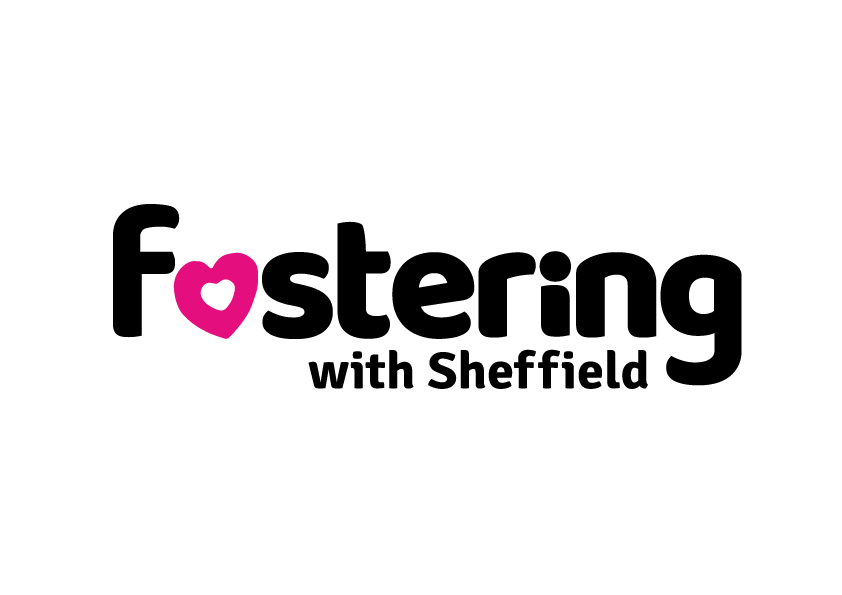Types of foster care
Foster care doesn’t necessarily mean 24 hours a day, 7 days a week. Some children will need to be looked after for a day or two, while others will need care every day until they reach adulthood.
Finding the right type of fostering for your household is important and your assessing social worker will discuss this with you carefully.
Short term care
When children first come in to foster care, they need to live with a foster carer whose task is to support the child until there is a long-term plan in place for the child's future.
Long term care
Some children will not be returning home or to adoptive parents, so they will need a permanent home. These children will live with the carers as part of the family until adulthood.
Emergency care
There are many different situations where a child or young person might need a home at short notice, for example if a parent is taken into hospital and there is no one else to care for them, or if there is a child protection issue in the family.
Often when children need emergency foster care they are confused or frightened. They may be traumatised by the circumstances which have led them to need shelter. It’s important that a foster carer keeps this in mind and provides children with a stable, warm and understanding environment, acting with sensitivity at all times.
Support care
A support carer provides a weekend break to families in the community, usually once a month. These carers would be expected to work together with birth families, as this kind of support can help prevent family breakdown.
Short breaks
Short breaks carers provide regular care for children who have a disability.
Short breaks help the child to experience new things and develop relationships with trusted adults away from their family or school. Short breaks foster carers look after a specific child, usually for one weekend a month, allowing the child’s main carers to have a break.
Children eligible for short breaks are 0 to 18 years of age. Their needs are usually around learning disabilities but may also include physical disabilities. These children may have issues around communication, eating and sleeping. They may have challenging behaviours and need close supervision. Short breaks carers are also needed for young people with mental health issues.
We provide ongoing training and support for these carers.
Parent and baby care
Sometimes a young parent and their child need to be fostered together. These are parents under the age of 18 who need support with their parenting and independent living skills.
